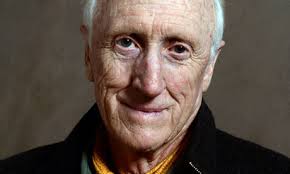In less than 24 hours since our campaign launch, we are nearing 10% of our goal
Link to our FundRazr Campaign: Please Help Us Return to Home to France to Mentor Entrepreneurs/Startups
I am a native-born Californian with French family heritage and a French wife. We are both French citizens preparing to return to France. My university background is in the Humanities and Social Sciences, with a year of graduate study at Oxford University, researching in the Bodleian Library. When I returned to northern California, I eventually landed an entry-level job at Intel Corporation, which proved to be the crucible for my entire career. I eventually rose to be a senior executive in international business development with Intel. I have continued in international business for all of my career, working for a number of tech startups and venture capital investment firms over the years. I have led two tech industry consortia to develop global industry standards. I have been the director of a tech entrepreneurial incubator in Silicon Valley for the government of New Zealand and collaborated on mentoring promising entrepreneurs in locations here and around the world. I was an Adjunct Professor of Management at the University of British Columbia for four years.
I am now semi-retired, but very eager to return permanently to France to donate my technology industry experience and knowledge to assist French entrepreneurs to transform France into an innovation-based economy.
FundRazr Campaign Story:
We are David Mayes and Isabelle Roux-Mayes, a married couple, who are also French citizens. I am also a native Californian who has spent my career working for a number of Silicon Valley companies and investment firms, beginning with Intel Corporation. I am now semi-retired, but very eager to return permanently to France to donate my technology industry experience and knowledge to assist French entrepreneurs to transform France into an innovation-based economy. I am focusing specifically on building working relationships with three major new initiatives that could benefit from my background and achievements: The Camp in Aix-en-Provence, launched last year, Startup Garage, Paris, and 1kubator in Bourdeaux.
I am more than happy to share my achievements and references to validate my credentials and verify my ability to make a serious contribution. You can start here with my LinkedIn profile and references David Mayes on LinkedIn. You may also contact me here or on FundRazr where we can discuss my crowdfunding project.






















 BY
BY 